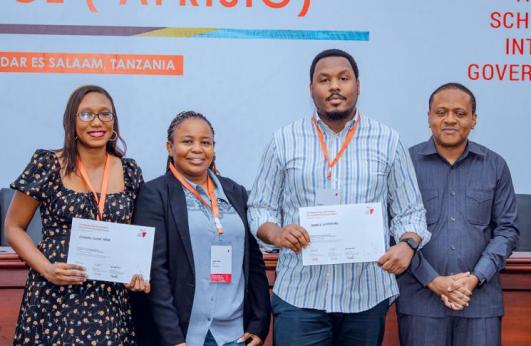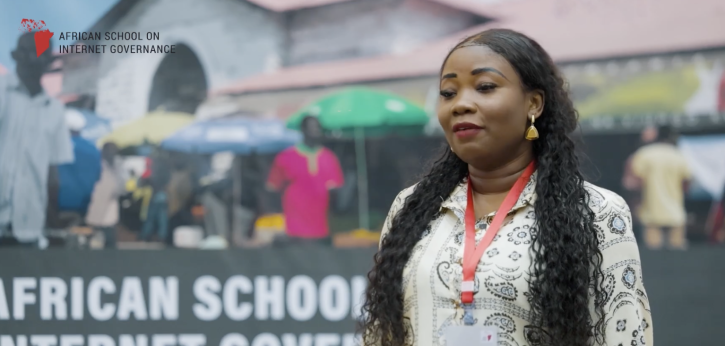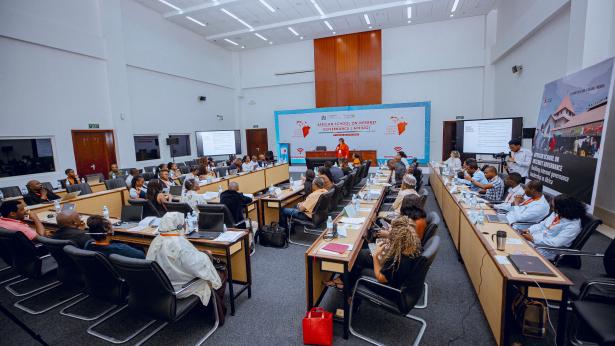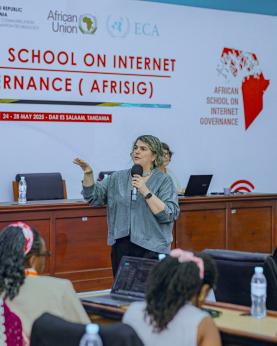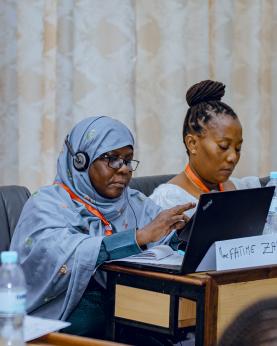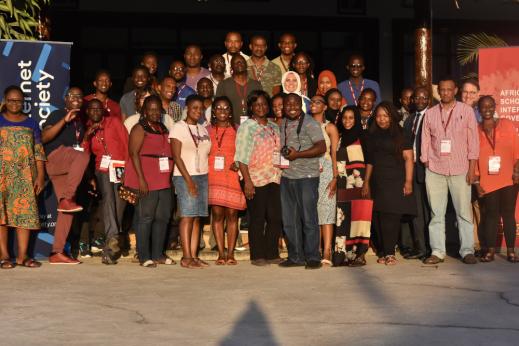The 2025 edition of the African School on Internet Governance (AfriSIG) took place from 23 to 28 May in Dar es Salaam, Tanzania, offering participants a comprehensive overview of internet and digital policy across Africa and globally. This year, AfriSIG placed a particular emphasis on data governance, alongside reflections on the 20-year review of the World Summit on the Information Society (WSIS+20).
A highlight of the School was the Makane Faye AfriSIG Award, presented annually since 2024 to participants who demonstrate exceptional commitment to internet governance. The award… Read more

